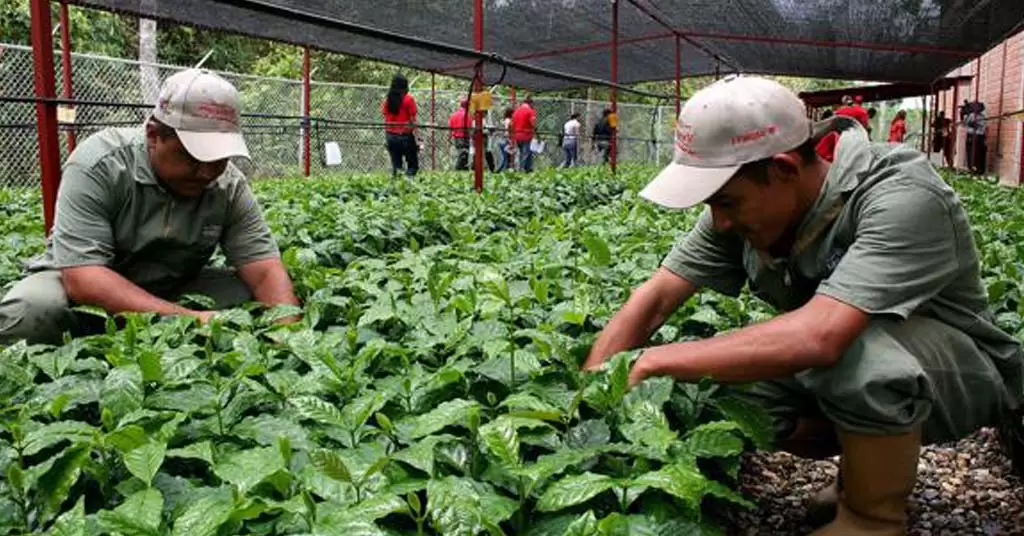Congratulations! From Greenuso we would like to clarify these two terms which are closely related but have notable differences. Get to know what these differences are and bet on a world free of pollution. Let’s start!
What is organic farming?
Organic or biological agriculture is a sustainable method for growing food of plant and animal origin without harming the environment. This is possible because it does not use toxic products or genetically modified seeds.

Also, it respects the natural cycles of each product to avoid negative alterations within the local ecosystem. Furthermore, it promotes productivity and sustainability throughout the production process. Also, organic farming is considered a sustainable alternative because it reduces the effects ofglobal warming. As it is locally produced, it reduces the emission of carbon dioxide, methane and nitrous oxide into the environment.
Advantages of organic farming
Putting this type of sustainable agriculture into practice generates some other benefits to the ecosystem, among which are
- Itrespects local ecosystems, maintains soil fertility and avoids polluting cultivation techniques.
- It is economically more favourable than conventional agriculture, as it does not generate costs in chemical inputs.
- It benefits soil fertility and enrichment through crop rotation and the use of natural fertilizers such as animal manure and compost.
- Since it excludes the use of chemical fertilizers and manures, it produces fruit that is richer in antioxidants, better tasting and healthier.
What is agroecology?
We can define agroecology as the proposal of an alternative agriculture that seeks to apply ecological principles in agricultural ecosystems. All of this is done with the aim of minimising the use of inorganic fertilisers, pesticides and genetically modified seeds.

Agro-ecology serves to achieve a double sustainability in cultivation, respecting natural resources and biodiversity. In this way, the world’s food supply can be optimised by substantially reducing food shortages. Today, it is also considered as the agriculture of the future due to its ecological and responsible principles. By means of which, it proposes to the agricultural sector to harvest organic food in solidarity with the planet. In addition to its agrarian purposes, agroecology has also become popular as a social movement. At the same time it seeks economic viability in rural areas based on human development.
Advantages of agroecology
Before producing food, agroecology has its foundations in equity and sustainability, offering multiple advantages for people and the environment:
- It is committed to people and the environment in a spirit of solidarity.
- Beyond being an agricultural vocation, it is promoted as a social movement for the community and the planet.
- It creates a positive synergy in favour of strengthening subsistence economies.
- Its approach encompasses a multitude of theories and practices that continue to grow.
What is the difference between agroecology and organic farming?
In order to clarify the difference between agroecology and organic farming we must highlight the following aspects:
- Organic farming owes its origins to ancient native practices. In the past, people worked the land with scarce resources without damaging the water, soil, trees, among others.
- Agroecology originated in the 1970s as a response to the high use of chemical inputs and fossil energy on ecosystems. It is therefore a relatively new science.
- Agroecology is a science that provides organic agriculture with a scientific basis for its ecological techniques. Meanwhile, organic agriculture is the result of carrying out the principles theorized by agroecology.
Now that you know you have cleared up your doubts about whether organic farming and agro-ecology are the same thing, we want to affirm our commitment to thinking green for a better ecosystem for future generations.

